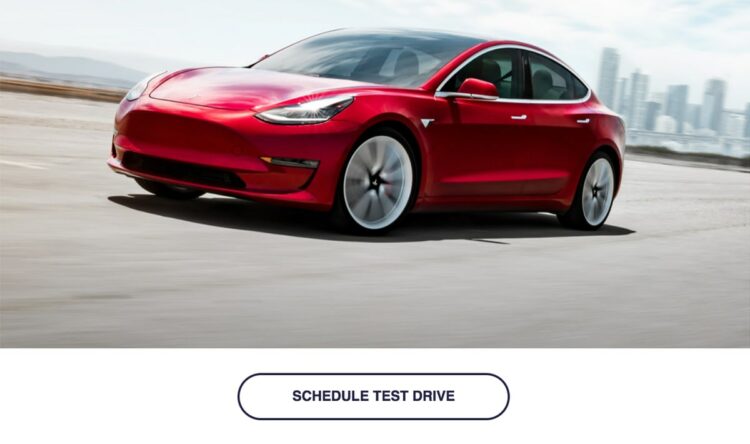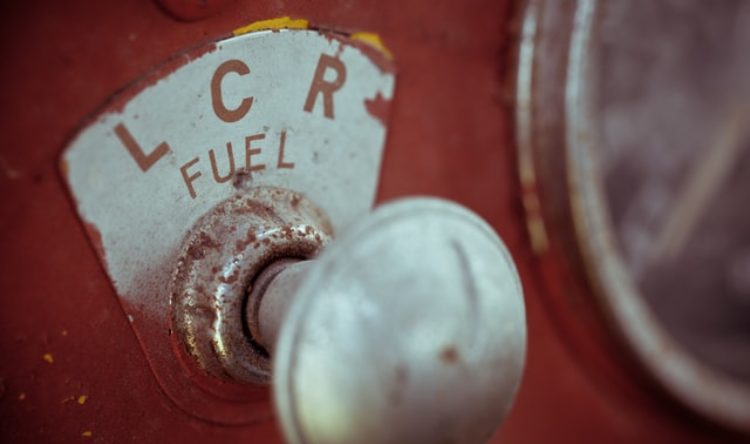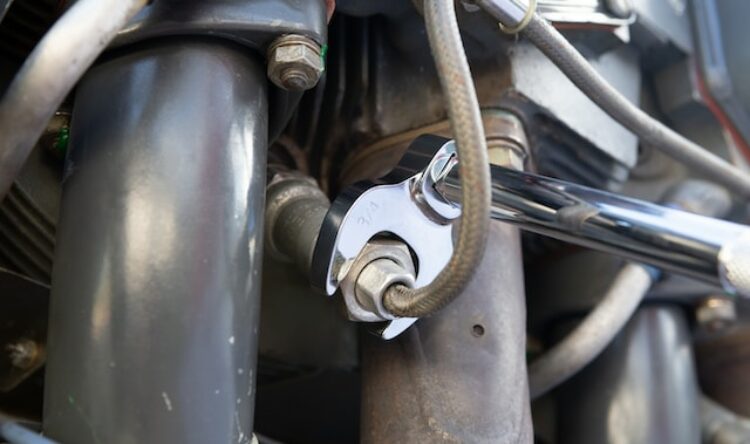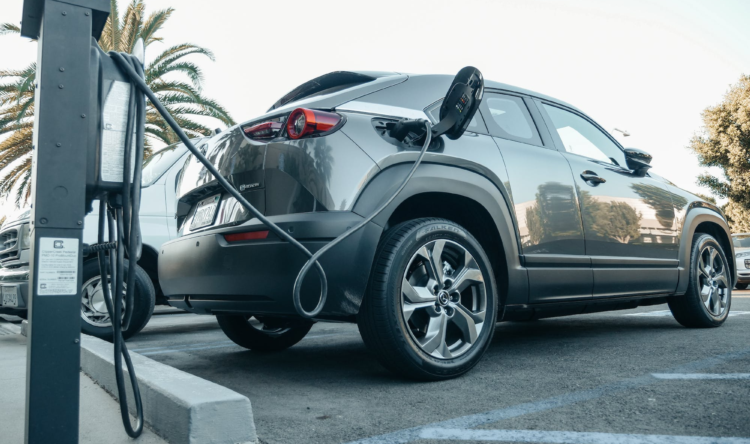Innocence or ignorance
New drivers unaware of true costs of car ownership
A new survey found that new drivers predominantly seek greater independence.
However, only some of those in the driving seat understand the financial consequences and commitments involved.
New drivers need to be made aware of car ownership costs, from insurance and fuel, to car tax and breakdown cover.
Counting the pennies
As we know, learning to drive and buying a car can be a significant financial commitment, especially in the midst of a cost-of-living crisis. Despite the costs, new vehicle registrations increased by 18.2% in 2023 compared to the previous year, according to government statistics.
Uswitch car insurance conducted a survey to investigate the main reasons new drivers are learning to drive and what car ownership costs they considered before purchasing their first car.
Reasons new drivers attain their licence
|
Reason |
Percentage of respondents |
|
Independence |
35% |
|
Travel flexibility |
22% |
|
I had to learn for my job |
11% |
|
As an alternative to public transport |
11% |
The top reasons new drivers attain their licence are independence (35%) and travel flexibility (22%). More than 1 in 6 jobs in the UK requiring a driving licence, according to an RAC study. So it’s no wonder that the third most common reason to learn to drive is for work (11%).
In control
Despite independence being the main reason new drivers decide to learn when it comes to purchasing their first car, the survey revealed that the majority needed help to afford the financial commitment themselves.
Over a third of respondents (37%) received help from their family, either through a family member gifting money towards the purchase or gifting them the car.
The survey also revealed that many first-time drivers need to be made aware of the additional costs of owning a car. Many of these are a legal requirement.
I didn’t know
Listed below are some of the essential costs that new drivers did not know about:
Fuel: More than 1 in 4 new drivers (27%) don’t factor in the cost of fuel when buying their car, despite independence being the most common reason for learning to drive.
MOT: 36% of new drivers are unaware of MOT costs. According to Halfords, 1 in 6 drivers said they cannot afford their MOT renewal. However, 71% still intend to drive their vehicle, risking a fine of up to £1,000.
Breakdown cover: Over half (54%) of new drivers don’t know about breakdown cover. One recovery company alone (RAC) attended over 29,000 breakdowns in 2023, highlighting the risk of being stranded on the side of the road.
Car tax: Over 1 in 3 new drivers (38%) are not familiar with the cost of car tax. From April, the flat rate of car tax after the first year will be £190 for petrol and diesel cars.
Car insurance: Despite car insurance being a legal requirement in the UK, 1 in 4 new drivers (25%) were unaware of this outgoing. In 2023, the average cost of a fully comprehensive policy for drivers who have held their licence for less than a year was £1,707.23. This is because new drivers are seen to be a more considerable reckless driving risk and have less experience with driving, pushing up their premiums.
New driver tips
Leoni Moninska from Uswitch car insurance, has some tips for new drivers on what to consider before becoming a car owner:
“Once you’ve obtained a driving licence and decided you want to buy a car, there are many factors to consider. You’ll need to ensure you’re financially prepared for the commitment and decide what car is right for you:
“Accounting for additional costs: It’s important to ensure you’re aware of and have accounted for all costs associated with owning a car.
- On top of the car itself, certain running costs such as fuel, insurance and car tax are unavoidable so must be factored into your budget.
- Other costs, such as MOT charges, depend on the car you buy. Driving to certain places can also involve costs, like congestion charge in urban areas, or toll roads.
- Estimating your monthly car usage and using that to work out the total of all necessary expenses can help you assess affordability. It’s also a good idea to factor in emergencies by putting additional money aside for maintenance and repair costs so that you’re prepared.
“Deciding where to store your car: Where you keep your car is an important factor as it can impact insurance quotes, the safety of the vehicle, and parking costs.
If you have a driveway, this is the most sensible place to store the car. Parking in a garage doesn’t necessarily make insurance cheaper, as driving in and out of the garage may result in accidents.
If you don’t have a driveway, you can find roads with free parking, or you may have to buy a parking permit (the eligibility and cost of which will depend on your local council).”







